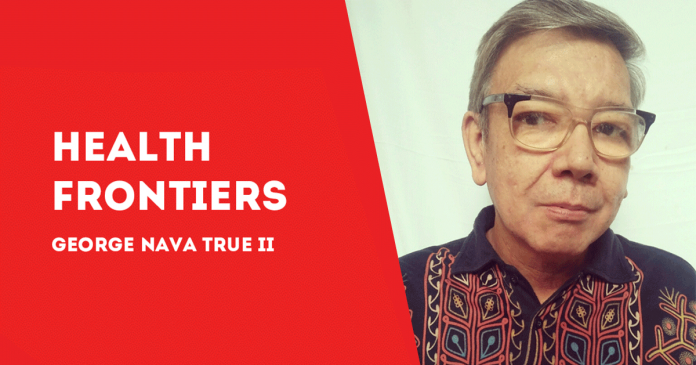
BY GEORGE NAVA TRUE II
DO YOU wake up in the middle of the night just to pee? Are you racing to the bathroom three or four times in the wee hours so you won’t make a mess? Does your bladder nag you more than your wife or mother-in-law?
If you answered “yes” to the above questions, chances are you’re suffering from nocturia or nocturnal polyuria. Those are fancy names for excessive or frequent urination at night. This problem is common in the elderly and occurs for various reasons in both men and women.
Celebrities with nocturia
However, don’t be upset because you’re in good company. Female celebrities who’ve had problems with bladder control include reality TV star Kris Jenner, actress Debbie Reynolds, and singer Marie Osmond.
How does this happen? Normally when you sleep, your body produces less urine that is more concentrated. This means you don’t have to get out of bed at night to urinate. You can hit the sack for six to eight hours without being interrupted.
Unfortunately, that’s not the case with nocturia. No matter how hard you try to visit dreamland, your journey is cut short by your desire to pee. The whole thing may sound funny, but it’s not. This uncomfortable condition is not only annoying; it can also be a symptom of an underlying medical problem.
Dangerous in the elderly
Frequent urination can be dangerous in the elderly. Lack of sleep can affect their ability to concentrate and lead to other health concerns. Moreover, sleepy or sleep-deprived individuals are more likely to have accidents. They could fall and break their bones.
Nocturia may be caused by a urinary tract or bladder infection that makes you run to the bathroom day and night. In addition, peeing is painful, your stomach aches, and you might have a fever.
Age is also a factor in nocturia. The older you are, the more likely you will suffer from this condition. This is because your body produces less of the hormone that’s needed to control your trips to the john.
Gender concerns
Your gender is another thing to consider. Men develop the problem with the enlargement of the prostate gland which is common with aging. On the other hand, women produce less estrogen after menopause. This prevents them from holding urine.
Other medical conditions that have been linked to nocturia include a bladder or prostate tumor, diabetes, kidney infection, swollen legs, Parkinson’s disease, and multiple sclerosis. People with heart or liver failure are also at risk.
Certain medications may contribute to frequent urination at night. Common culprits are diuretics that are used to treat hypertension. These water pills remove fluids from the body and make you pee a lot. Check with your doctor if your medicines are to blame. If so, you may need to take them earlier or change them entirely.
More water, more action
If you drink plenty of water before bedtime, expect a lot of action in the bathroom. Excessive fluid consumption won’t make you sleep, so avoid drinking before going to bed. The same goes for alcohol and caffeine which are diuretics. Don’t consume them late in the day unless you want to stay awake the whole night.
Treatment for nocturia depends on the cause. Lifestyle changes include limiting your intake of fluids at night, especially caffeine and alcoholic beverages. For a good night’s sleep, it’s a good idea to reduce water consumption two to four hours before going to bed.
It also pays to avoid things that irritate the bladder like chocolates, spicy or acidic food, and artificial sweeteners. Lose weight to take the pressure off your bladder, elevate your legs to control swelling or wear compression stockings. It’s best to take diuretics during the day so you can sleep well at night.
When everything else fails, your doctor may prescribe anticholinergic drugs to reduce the symptoms of an overactive bladder or desmopressin so the kidneys will produce less urine at night. If nocturia is caused by an underlying condition, see a doctor to get the right treatment. Only then will your marathon to the bathroom end.
***
National Press Club and Philippine Dental Association awardee George N. True II has written two bestsellers based on his popular column that has been running for almost 40 years. For questions about health, email georgenavatrue@yahoo.com./PN

